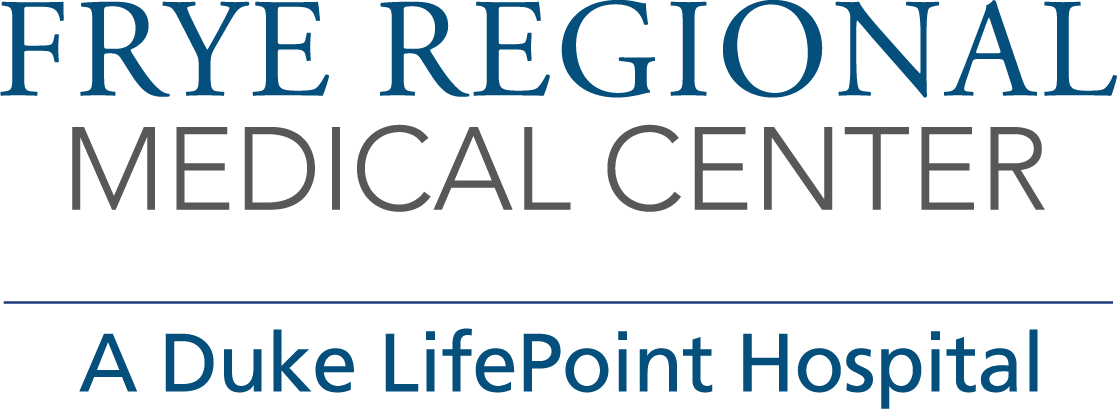Frye Regional Medical Center Introduces New Heart Device That Reduces the Risk of Stroke
August 22, 2022

HICKORY, NC (August 22, 2022) – Frye Regional Medical Center, a Duke LifePoint hospital, recently became the first hospital in the Catawba Valley region to offer patients with atrial fibrillation (AFib) an alternative to long-term blood thinners with the next generation WATCHMAN left atrial appendage closure device. This one-time procedure reduces the risk of stroke in people with AFib not caused by a heart valve problem.
Ankur Tiwari, MD, a board-certified internist, cardiologist and clinical cardiac electrophysiologist, successfully performed the region’s first left atrial appendage closure implant, with the new technology, on August 15 at the Frye Regional Heart Center. Since then, two additional patients have received the FDA-approved device, which has been implanted in more than 200,000 patients worldwide. The newest version of the WATCHMAN device has been designed to help treat more patients safely and effectively. It never has to be replaced and cannot be seen outside the body.
“I am pleased that we are able to offer this exciting new treatment option to patients in the area,” Dr. Tiwari said. “The new device works by closing off an area of the heart called the left atrial appendage, or LAA, to keep harmful blood clots from entering the bloodstream and potentially causing a stroke. By sealing the LAA, the risk of stroke caused by AFib is reduced, and patients can stop taking blood thinners.”
An estimated seven million Americans are affected by atrial fibrillation – an irregular heartbeat that can cause many symptoms, such as a feeling of a quivering heart, general fatigue, dizziness, passing out, shortness of breath, weakness, sweating and chest pain. Strokes are the most common complication of untreated AFib, and patients may also suffer from heart failure.
According to the American Heart Association, people with atrial fibrillation have a five times greater risk of stroke than those with normal heart rhythms. Further, AFib-related strokes are more frequently fatal or disabling. The most common treatment to reduce stroke risk in patients with AFib is blood-thinning medication, such as warfarin and the newer anticoagulants.
“Unfortunately, these medications are not right for everyone,” Dr. Tiwari said. “This may be due to the increased risk of bleeding, difficulty with medication adherence, high cost, past bleeding, low blood counts, other medical issues, or just lifestyle concerns while on these medications.”
The procedure is performed in the cardiac electrophysiology laboratory. The procedure typically takes about 45 minutes or less. It is covered by Medicare and most commercial insurers.
The Frye Regional Heart Center is the first Duke Health heart affiliate in western North Carolina. Backed by the resources of the Duke Heart Center, Frye Regional gains access to Duke training and staff education, evidence-based guidelines and practices when it comes to heart and heart-related issues.
For more information or a referral to a heart specialist, call 828-315-3391 or visit MyFryeRegional.com.
